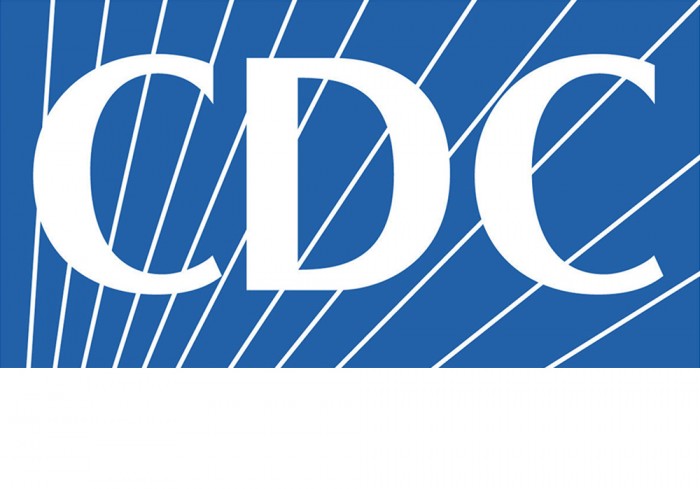The Centers for Medicare and Medicaid Services (CMS) has released the calendar year (CY) 2022 Medicare Physician Fee Schedule (MPFS) final rule. Some of the key provisions contained in this final rule include:
Telehealth Services
CMS finalized a policy to allow for Category 3 telehealth services to be available to providers through December 31, 2023. Category 3 telehealth services are those services CMS has added temporarily to the telehealth list due to the public health emergency (PHE) but wishes to consider for permanent addition to the telehealth list. Presently, many occupational and physical therapy services are on the Category 3 list, with some exceptions. However, CMS has not yet added any speech-language service codes to the Category 3 list, so their availability will cease at the end of the PHE. The current list of available telehealth codes is available here.
Therapy Services
CMS made final modifications to its policy for implementing a 15 percent payment reduction for outpatient therapy services provided in part by a therapy assistant, effective January 1, 2022. As previously finalized, any billed unit of service in which a therapy assistant independently provided more than 10 percent of the minutes of service must include a claim modifier and will be subject to the payment reduction. In this final rule, CMS slightly loosened the requirements, allowing providers to forgo appending the modifier for “remaining units” when the therapist had provided at least 8 minutes of the remaining unit, regardless of any additional minutes provided by the therapy assistant. CMS has provided numerous billing scenarios in the final rule to help explain the steps providers should take to determine when the modifier should be used. This guidance will be posted on CMS’ website.
Billing of Shared Services With a Physician Assistant (PA) or Nurse Practitioner
CMS finalized its proposed policy regarding the billing of services when both a physician and non-physician practitioner (NPP), such as a physician assistant (PA) or nurse practitioner (NP), share in the provision of a service. CMS will require the practitioner who performed the majority of the minutes relating to the service to bill for the service. Therefore, when an NPP provides more than 50 percent of the time for a given service, the NPP must bill for the service, and payment will be made at the lower applicable rate for that billed code. This policy applies to all Evaluation and Management (E/M) services provided in institutional settings, including hospitals.
CY 2022 PFS Rate-Setting and Conversion Factor
CMS finalized a series of standard technical proposals involving practice expense, including standard rate-setting refinements, the implementation of the fourth year of the market-based supply and equipment pricing update, and changes to the practice expense for many services associated with the update to clinical labor pricing. CMS finalized their proposal to update the clinical labor rates for CY 2022 through the addition of a four-year transition period as requested by public commenters.
The final rule will be published in the November 19, 2021 Federal Register.

















